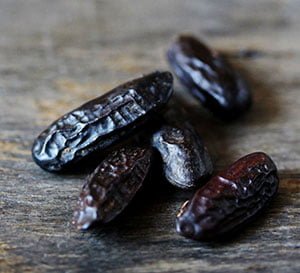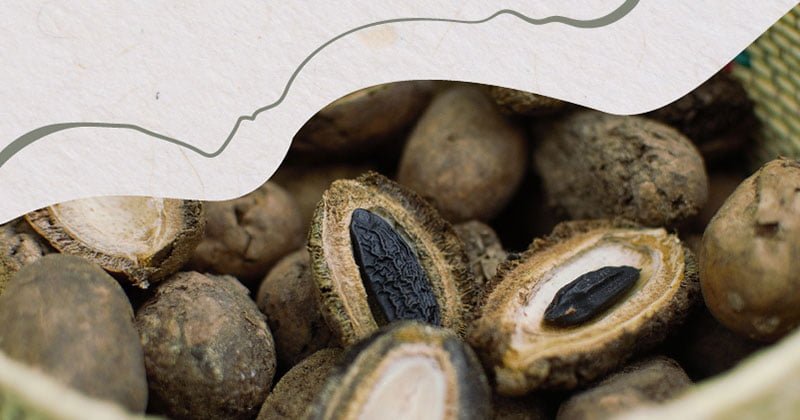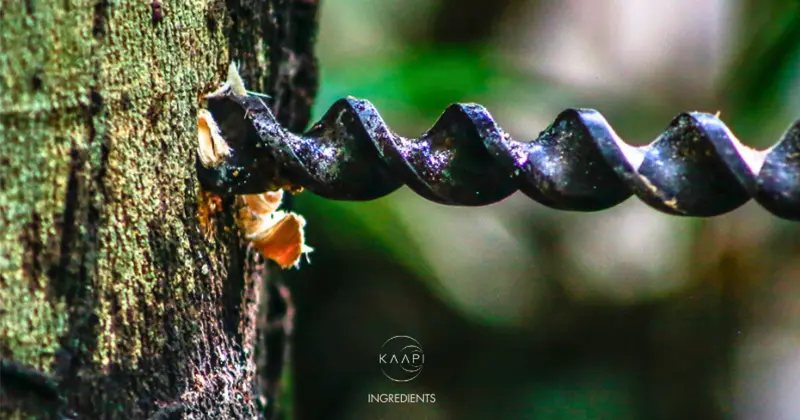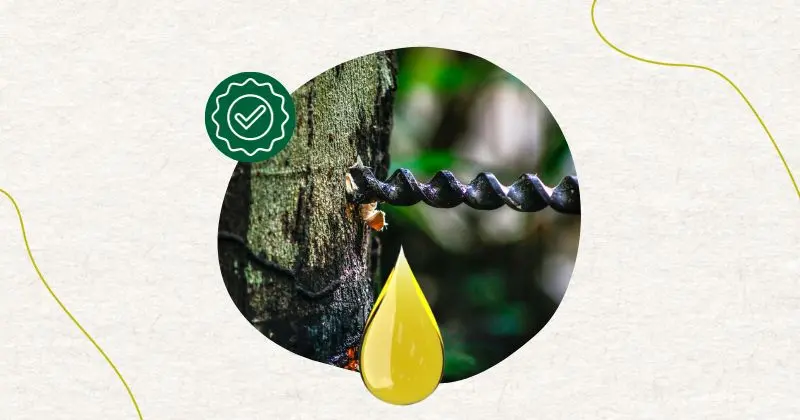Uniqueness, sophistication, sensations and experiences. These are some of the characteristics a perfumer chases when working on a creation. When the term fine perfumery pops into our heads, we have to mention the noble scents that come from natural ingredients. The logic is simple. Natural ingredients are finite, some of them are even rare, so the result must be a unique and rich fragrance. But, how can searching for natural ingredients and promoting sustainability walk together?
Natural ingredients for perfumery and cosmetics industries
Perfumery and cosmetics industries are continuously investing in researching and developing synthetic ingredients, even if they are not so welcome by the perfumery lovers at first. Nowadays, we’re following a hybrid scenario, in which perfumers can count with the best of both worlds: innovation and large available volumes of synthetics; and uniqueness and sophistication of natural ingredients.
However, if we’re dealing with limited volumes of natural ingredients, we must use it, obviously, within an ethical and respectful way, conserving its source. That’s why it is so important to build up a sustainable supply chain, committed with quality and traceability, supporting socio-biodiversity and respecting the cycles of nature.
Amazon Rainforest raw materials
The Amazon Rainforest gathers the biggest biodiversity of the planet, about 15% of all species of the world. Among so much diversity, and even still unknown species, a series of raw-materials like seeds, natural oils, fruits and flowers are interesting to cosmetics and perfumery industries. Initiatives of sustainable exploitation of the forest promote income and economic development of traditional communities, contributing to the conservation of the rainforest.
The harvest of natural ingredients means an important source of income to the families living in the Amazon basin. It’s estimated that about 30% of the local population is someway involved in the activity.

Tonka Beans
Tonka Beans: Perfumery ingredients
Among the ingredients used in perfumery creations, tonka is one of the most famous. Due to its power of strengthen and enrich the compositions, it’s widely used as a base note.
Reminding vanilla’s smell, it has a warm, spicy and sweet scent of almond, tobacco and caramel. The tobacco scent made it a popular ingredient within men’s fragrances, but it’s also used in remarkable women’s fragrances, giving intensity to the creation.
Native from the Amazon region, part of the harvest comes from cultivated areas, but most of them, about 90%, comes from natural forest. The blossom happens between December and April and the ripening of the fruits happens mainly between May and December and is strongly related to the latitude of the location of the trees. The bat is the main responsible for the seed dispersion, promoting the proliferation of the species. When the fruits start ripening, the animal carries them to other places, indicating to collectors that they are available for picking. Only the naturally fallen fruits or the ones dropped by the bats are collected from the ground under adult trees.
Social and environmental impacts
The wild harvesting of natural ingredients such as tonka means an important source of income for families living in the Amazon basin. For tonka harvested for Kaapi alone this is something near 15,000 people increasing their income, distributed in 30 villages in the Calha Norte area. One estimates that some 30% of the local population is somehow involved in the supply chain.
The wild harvesting is an activity totally dependent on the existence of the forest itself. The Amazon is the biggest tropical forest and the most diverse ecosystem in the world. The wild harvest of tonka beans, as well as of copaiba, oppositely to logging, cattle and agriculture, encourages people to take care and support the standing forest.
César Mussi, perfumer at Kaapi, says that choosing the best ingredients and their combinations is a great challenge, considering production scale and cost. “It is a huge advantage when you can count with natural products with guarantees of well-established quality standards”, emphasizes César.
Kaapi is committed to offering 100% pure and natural ingredients, with guaranteed supply and high-quality standards. By supporting partners and suppliers, Kaapi strengthens the sustainable and ethical sourcing of ingredients from the Brazilian biodiversity, promoting forest conservation and contributing to income generation in the Amazon.
We invite you to visit our web site and get to know our completed portfolio.




